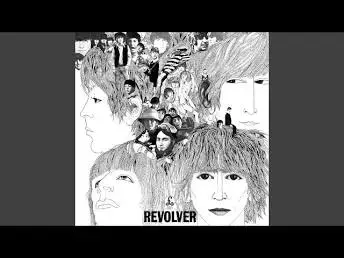@Monachopia @sidd851 Thank you. I like the Carl Sagan quote. The thought that there is no suffering either before or after is a consolation, and helps... though don't know if that thought alone will allow me to come to terms with it.
Another thought that helps me somewhat is that so many old people facing death are often so peaceful and accepting and seem have come to terms with it, and don't seem scared. I have often wondered, how can they not be scared? Perhaps the mind, in the final hours, has a mechanism to protect itself from the horror. Perhaps the reason why I find the idea so overwhelmingly terrifying now is because it's not my time, it's too early, and when my time comes, I'll be ready and able to accept it. Perhaps it is more easy to accept or even desirable when the body is frail and deteriorating in old age, or as the consequence of an illness.
Another thought that helps me somewhat is that so many old people facing death are often so peaceful and accepting and seem have come to terms with it, and don't seem scared. I have often wondered, how can they not be scared? Perhaps the mind, in the final hours, has a mechanism to protect itself from the horror. Perhaps the reason why I find the idea so overwhelmingly terrifying now is because it's not my time, it's too early, and when my time comes, I'll be ready and able to accept it. Perhaps it is more easy to accept or even desirable when the body is frail and deteriorating in old age, or as the consequence of an illness.
